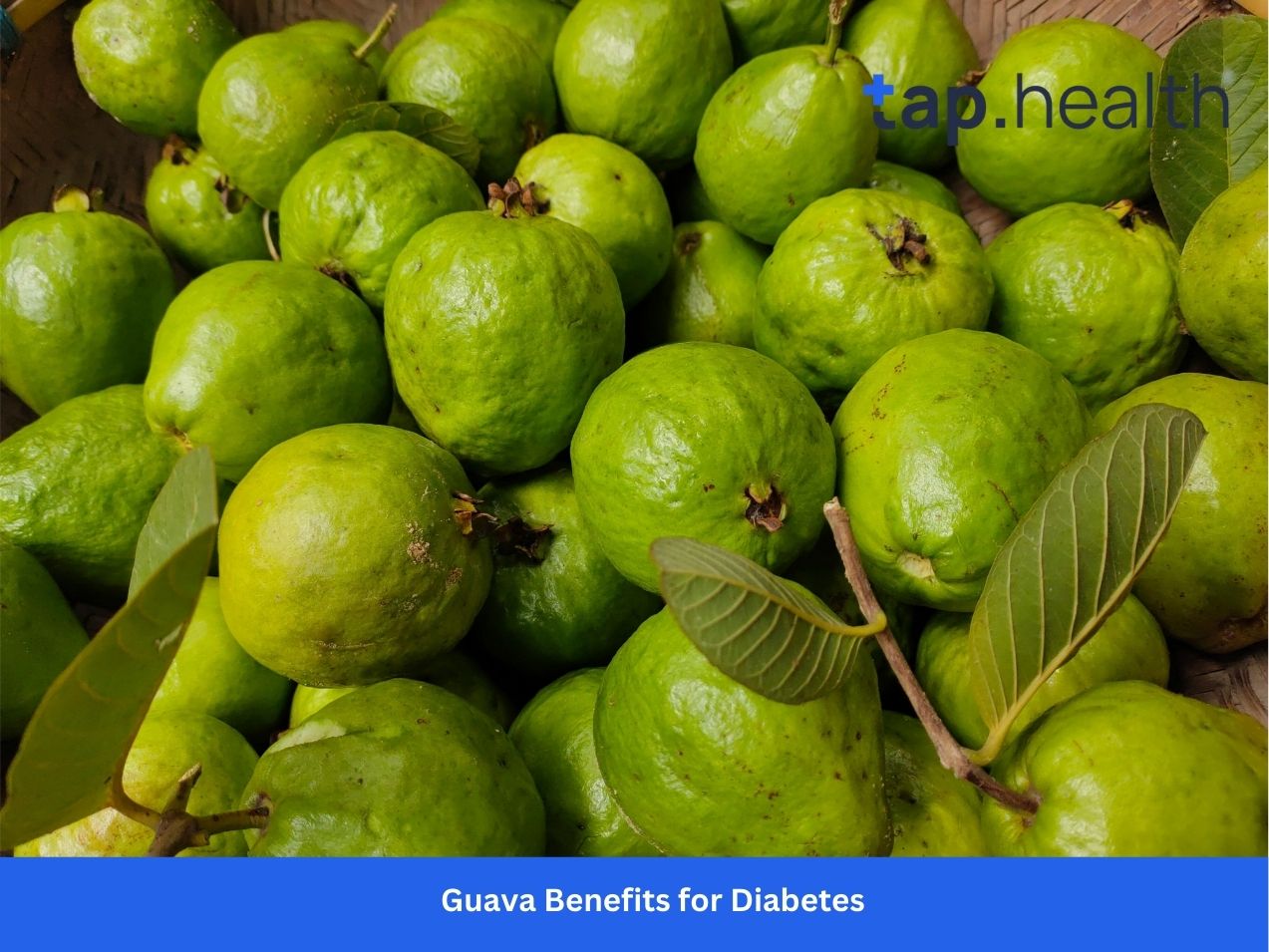Cold and cough are common ailments that can disrupt your daily routine. While these respiratory infections often resolve on their own, the right over-the-counter tablets can ease symptoms like runny nose, congestion, and persistent coughing, helping you feel more comfortable. This guide explores how to select the best tablet for cold and cough, covering symptom relief options, safety tips, and when to seek medical advice.
Understanding Cold and Cough Symptoms
What are the common symptoms of a cold or cough?
Cold and cough symptoms typically include a runny or stuffy nose, sore throat, sneezing, coughing, and sometimes a low-grade fever. These symptoms arise as your body fights viral infections like the common cold or flu. While most cases resolve within days or weeks, tablets can help manage discomfort and support recovery.
How do tablets help with cold and cough?
Tablets for cold and cough target specific symptoms, such as nasal congestion or persistent coughing, to provide temporary relief. They don’t cure the underlying virus but make symptoms more manageable, allowing you to rest and recover.
Can natural remedies complement tablets?
Yes, remedies like honey, herbal teas (e.g., chamomile or peppermint), and warm saltwater gargles can soothe symptoms like sore throat and coughing. Staying hydrated and using a humidifier can also ease congestion and promote recovery.
Common Causes of Cold and Cough
What causes cold and cough?
Colds and coughs are primarily caused by viruses spread through respiratory droplets or contact with contaminated surfaces. Frequent handwashing and good hygiene can reduce your risk of infection.
How do environmental factors contribute?
Cold weather, poor indoor ventilation, and dry air can weaken your immune system or harbor germs, increasing susceptibility to colds. Proper ventilation and humidity control in living spaces can help minimize these risks.
Can lifestyle affect cold and cough risk?
Yes, poor sleep, high stress, and inadequate nutrition can weaken your immune system, making you more prone to infections. Regular exercise, a balanced diet rich in vitamins, and sufficient rest strengthen immunity.
Types of Tablets for Cold and Cough Relief
What are decongestants, and how do they work?
Decongestants, like pseudoephedrine, relieve nasal congestion and sinus pressure by narrowing blood vessels in the nasal passages. They help clear stuffiness but shouldn’t be used long-term to avoid rebound congestion.
What role do antihistamines play?
Antihistamines, such as diphenhydramine, reduce sneezing, itching, and runny nose by blocking histamine release. They’re effective for allergy-related symptoms but may cause drowsiness, so check labels before use.
How do expectorants help with cough?
Expectorants, like guaifenesin, loosen mucus in the respiratory tract, making it easier to cough up phlegm. Staying hydrated enhances their effectiveness, aiding in airway clearance.
When should you use cough suppressants?
Cough suppressants, such as dextromethorphan, reduce the urge to cough, offering relief from dry, irritating coughs. Use them sparingly, as coughing helps clear the respiratory tract.
What are combination tablets?
Combination tablets blend ingredients like decongestants, antihistamines, and expectorants to address multiple symptoms at once. They’re convenient for complex symptoms but require careful use to avoid overmedication.
Safety Tips for Using Cold and Cough Tablets
How can you use tablets safely?
Always follow the dosage instructions on the packaging or as advised by a healthcare provider. Avoid exceeding the recommended dose to prevent side effects like dizziness or increased heart rate.
Who should consult a doctor before using tablets?
People with underlying conditions (e.g., high blood pressure, heart disease), pregnant women, or those on other medications should consult a healthcare provider to avoid drug interactions or complications.
What are common side effects of cold and cough tablets?
Side effects may include drowsiness (antihistamines), dry mouth, or increased heart rate (decongestants). Read labels carefully and stop use if you experience severe reactions.
Tips for Enhancing Tablet Effectiveness
How can you boost tablet effectiveness?
- Stay hydrated: Drink water, herbal teas, or broths to thin mucus and support recovery.
- Rest adequately: Sleep helps your immune system fight the virus.
- Use a humidifier: Moist air can ease congestion and coughing.
- Avoid irritants: Steer clear of smoke to prevent respiratory irritation.
- Practice hygiene: Wash hands frequently to avoid spreading the virus.
Can alternative remedies replace tablets?
Natural remedies like saline nasal rinses or herbal cough syrups can complement tablets but may lack strong scientific backing. Consult a healthcare provider before relying solely on alternatives.
When to Seek Medical Attention
When should you see a doctor for cold or cough?
Consult a healthcare provider if you experience:
- Symptoms lasting longer than 10 days or worsening over time.
- Difficulty breathing or chest pain.
- High fever persisting for several days.
- Extreme fatigue or new symptoms.
Why is medical advice important?
A doctor can assess whether your symptoms indicate a more serious condition, like a bacterial infection or pneumonia, and recommend appropriate treatment, such as prescription medications.
Conclusion
Choosing the right tablet for cold and cough involves understanding your symptoms and selecting a medication that targets them effectively. Decongestants, antihistamines, expectorants, and cough suppressants offer tailored relief, while combination tablets address multiple symptoms. Pairing tablets with hydration, rest, and good hygiene enhances recovery. Always follow dosage instructions and consult a healthcare provider for persistent or severe symptoms. With the right approach, you can manage cold and cough symptoms and return to your routine quickly.



